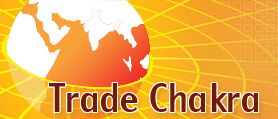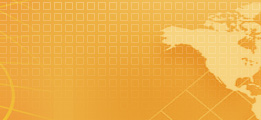Mauritius has witnessed a massive development in the last decades. From a monocrop economy, depending mainly on sugar, it has diversified its economic activities into, textile and apparel industry, tourism and financial services.
The country is equipped with a highly skilled labor force and a very good infrastructure thereby attracting foreign direct investment (FDI). The traditional engines of growth in Mauritius have been sugar, textiles, and tourism. Mauritius is now a middle-income country as a result of good economic performance.
Since 2000, Mauritius has faced new challenges and its economic performance has suffered, resulting from its loss of preferential access to the European Union (EU) sugar and textile markets. In the textile sector, Mauritius is facing increased competition from cheaper Chinese and other East Asian country exports. These new constraints mean there is an urgent need to diversify the Mauritian economy.
Mauritius has embarked on a comprehensive reform programme to move to its next phase of development capitalizing on human resources, information technology and higher value-adding activities. This is best achieved by building on its existing strengths of openness, high standards and best practices in the financial sector, an advanced physical and telecommunication infrastructure, an active capital market, competitive communication costs, a relatively reasonable level of human and intellectual capital market, competitive communication costs, a relatively reasonable level of human and intellectual capital endowment, a well-developed social safety network and, above all, good governance.
The government is also offering incentives to encourage the transformation of Mauritius into a seafood-producing hub. In tourism the government is still targeting the upper end of the tourism market, which is high-spending and low- impact. One of the strategies for tourism is to gradually open air access and promote Mauritius for leisure, business and shopping.
According to the International Monetary Fund (IMF), Mauritius’ economy would expand by 5 percent annually over the next three years and that the Indian Ocean Island’s monetary policy appeared appropriate.
The island’s membership of several regional groupings such as the Common Market for Eastern and Southern Africa (COMESA), Southern African Development Community (SADC), Indian Ocean Rim-Association for Regional Cooperation (IOR-ARC) and the Indian Ocean Commission (IOC) positions Mauritius as a key interface between Asia and Southern and Eastern Africa.
An attractive blend of advantages is offered to international investors. These include: political stability, pleasant and peaceful living conditions, efficient telecommunications, pool of qualified professionals conversant in English and French, Investment Promotion and Protection Agreements and an International Stock Exchange.




